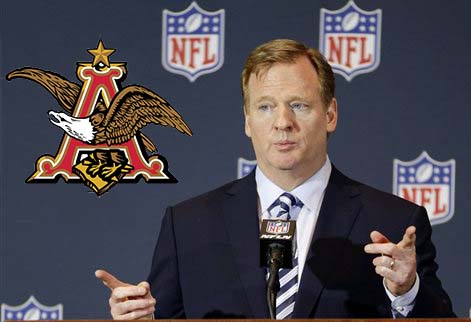In the Doghouse
Search
In the Doghouse: A-B InBev Talks, But No Walk
October 7, 2014
While one might take the A-B InBev statement to mean the company is genuinely concerned about the NFL shrugging off its players' inexcusable behavior, there is no denying the need for A-B InBev to manage the message sent by its lack of response. Its eventual statement will most likely have a positive impact on perceptions of the corporate NFL sponsor, rather than interfere with the profits it reaps through NFL sponsorship.
In fact, the A-B InBev statement to the NFL was almost a word-for-word rehash of its 2012 statement to the Ultimate Fighting Championship (UFC) regarding public homophobic and misogynistic rants from its fighters, vaguely threatening to act if the UFC didn't get its athletes to behave better (or at least, not do it in public). Just as with the recent statement to the NFL, A-B InBev made no indication that its sponsorship of UFC pay-per-view broadcasts was on the line, even as it sponsored female UFC athletes, who deserved a far more substantial response.
A-B InBev stated that the behaviors by UFC fighters are "in no way...reflective of the company or its values," and that the NFL player behavior "goes against our own company and moral code." Sounds like the A-B InBev moral code and values means protecting its profits while providing lip service rather than action to condemn homophobia, misogyny, and domestic violence. As Houston Texans running back Arian Foster described in his refreshing rebuke of the hypocrisy: A-B InBev is "selling poison on that high horse."
Help us hold Big Alcohol accountable for the harm its products cause.
| GET ACTION ALERTS AND eNEWS |
STAY CONNECTED    |
CONTACT US 24 Belvedere St. San Rafael, CA 94901 415-456-5692 |
SUPPORT US Terms of Service & Privacy Policy |
Copyright © 2026 Alcohol Justice. All Rights Reserved.
Joomla! is Free Software released under the GNU General Public License.


